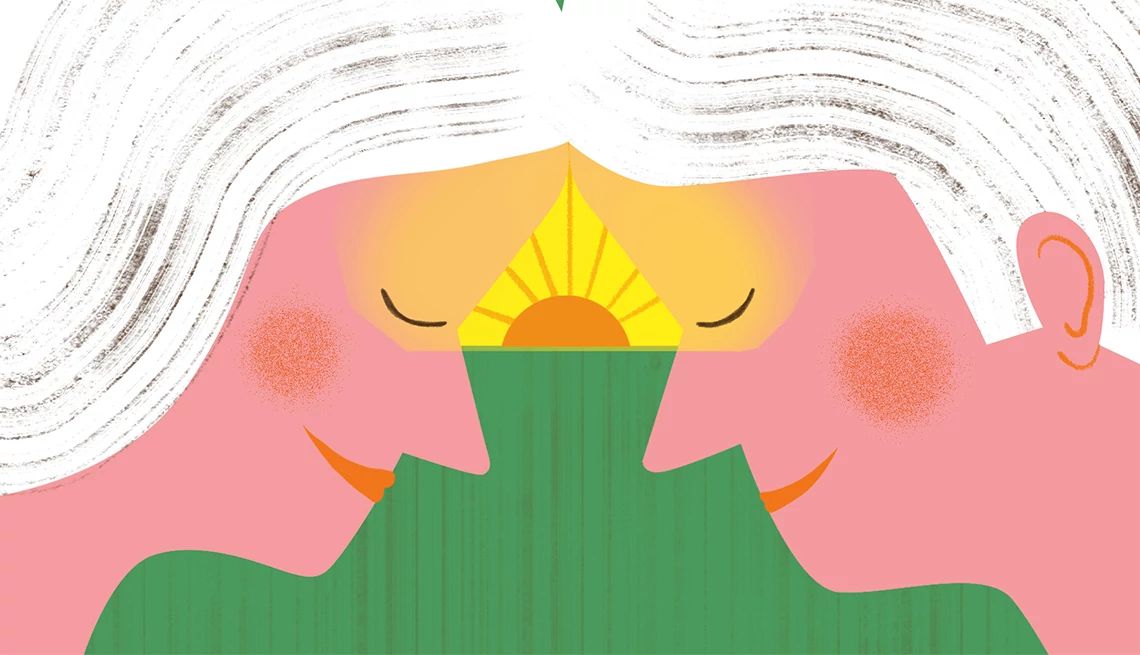AARP Hearing Center


Welcome to Ethels Tell All, where the writers behind The Ethel newsletter share their personal stories related to the joys and challenges of aging. Come back each Wednesday for the latest piece, exclusively on AARP Members Edition.
When we were newlyweds in our 20s, my husband and I couldn’t keep our hands off each other. If we weren’t between the sheets, we were making out in the car or sneaking away at parties for a quickie in the bathroom. We had voracious sexual appetites and were always dreaming up adventurous ways to arouse one another. All of that changed after we had four children.
Six people living in a tiny two-bedroom, one-bathroom house left little time or space for privacy. I was tired and distracted after parenting 24/7, but my husband’s libido never diminished during those busy years — he was as passionate as ever. It was difficult for me at times, but I did my best to keep up with his high sex drive.
Once we became empty nesters, we had more opportunities for private “lovefests” at home. This was heaven until menopause threw an unexpected wrench into our sex life, and everything south of my waistline seemed to dry up like the Mojave Desert.
Not only did my libido plummet to new lows, but intercourse was also extremely painful. Despite every doctor-recommended plan I tried, the old key no longer fit the rusty lock. But I’ve never been a quitter, so despite the pain, I pushed forward, determined to make it work without letting on how painful intercourse really was for me.
The problem, however, was that we were so caught up in our efforts to please one another sexually that we lost sight of intimacy. Amid this struggle, my husband started experiencing erectile dysfunction — a common issue that affects roughly 30 million men in the U.S.
When it first started, he worried that it was a side effect of a bigger health problem and feared that intercourse would never be regular again — or even satisfactory. My knee-jerk reaction was also aligned with my husband’s health concerns, but underneath that was a bigger fear that maybe his ED was my fault. Was I too old, saggy or dull in bed to interest him? He assured me none of this was true because he was still easily aroused ... but his semi-erections couldn’t last through the arousal stage.
As a result, he felt like a failure in bed. At my urging, my husband finally agreed to have a candid conversation with his doctor, where he learned that age-related ED is common for men in their mid-60s. There was tremendous relief in hearing that his symptoms were normal and that he was still in great physical shape for his age. Always one to look on the bright side of things, my husband admitted that an ED diagnosis at a younger age would have been emotionally crippling, but at 67, he was more open-minded to lifestyle changes.




































































You Might Also Like
I’ve Never Had an Orgasm While With a Man
For me, self-stimulation is far enough
From the ‘Other Woman,’ Here’s What I Want Wives to Know
It was never just about sex, and you may never know the full storyHow I Feel About Being Sexless in My 60s
I’ve nearly given up being intimate with my husband in our golden years